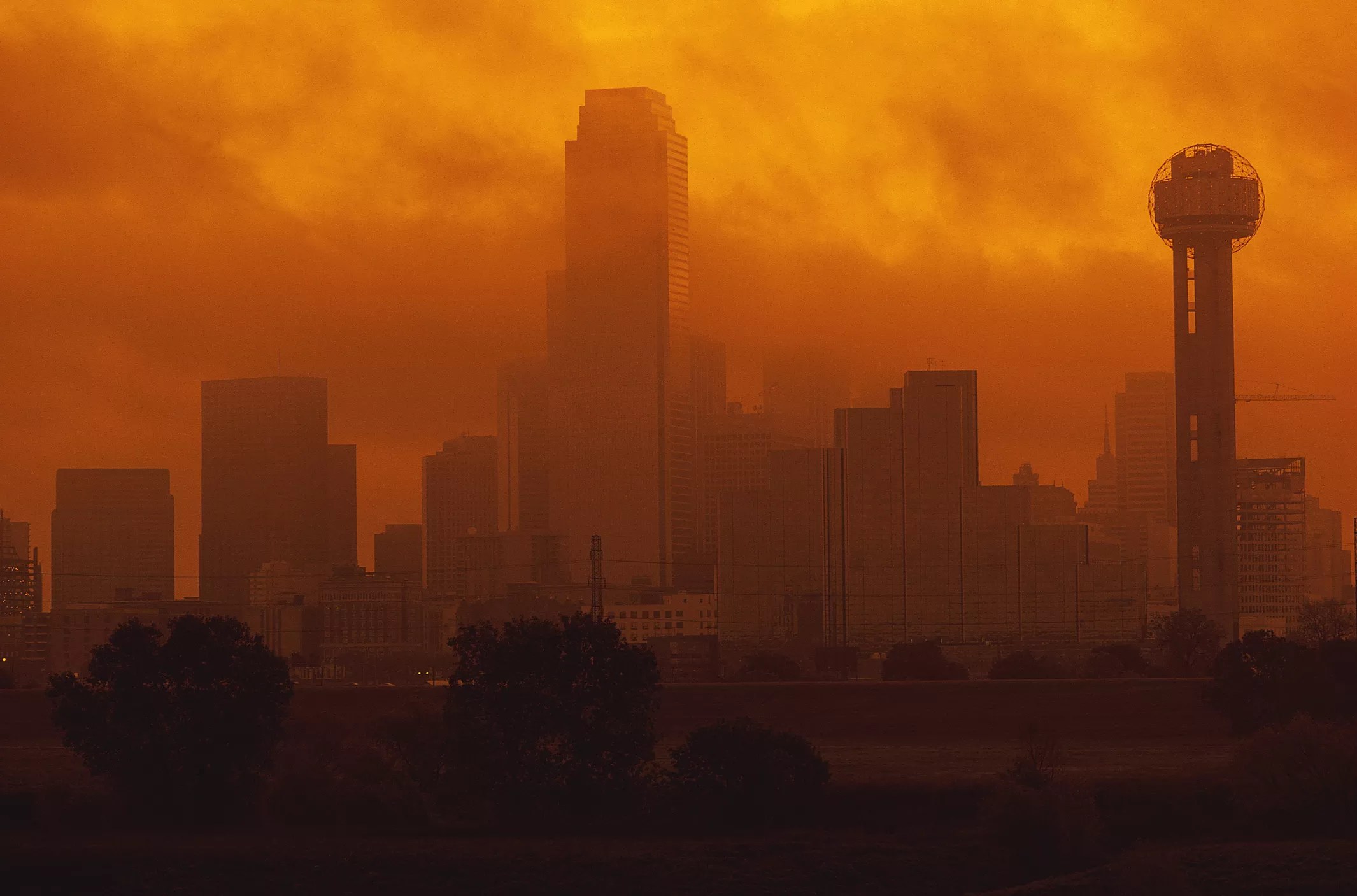
DonTremain/Getty Images

Audio By Carbonatix
A great deal of of debate regarding ForwardDallas has surfaced in recent months, much of it centering on the housing component of the comprehensive land use plan. But one aspect of the plan that sometimes appears lost in the shuffle is what it could do for environmental justice.
A group of environmental justice advocates wrote to the City Plan Commission detailing what’s good about the plan and what they believe should be changed to further the city’s environmental agenda.
“One of our primary goals has been to ensure that this land use planning process addresses the systemic injustices that previous land use policy has perpetuated in the city of Dallas regarding industrial-residential adjacency issues in communities of color,” the letter said. “To that end, we have worked with residents in three frontline communities, Floral Farms, Joppa and West Dallas to advance these goals, and helped organize a multi-neighborhood coalition representing dozens of neighborhoods to ensure additional citywide environmental justice goals are included in ForwardDallas.”
Residents from all of these communities signed onto the letter, including Floral Farms’ Marsha Jackson and West Dallas’ Janie Cisneros.
Jackson is hoping the plan doesn’t get killed because of all the housing debate, which primarily revolves around whether multifamily developments should be allowed in single-family neighborhoods. “If they kill the whole plan, it’s like we’re starting all over again,” Jackson told the Observer. “We know what we want and what we don’t want in our community.”
“We know what we want and what we don’t want in our community.” – Marsha Jackson, Floral Farms resident
The plan includes what are called land use themes and placetypes. The five overarching themes include environmental justice and sustainability; transit-oriented development and connectivity; housing choice and access; economic development and revitalization; and community and urban design. Placetypes are what they sound like – types of places throughout the city.
Floral Farms, Joppa and West Dallas were all initially marked as industrial hubs in the plan back in January. But because of collaboration between residents and city staff, the current placetype recommendations align much more with the vision and values of the communities. However, the communities still have some outstanding concerns and requests.
The west side of Joppa, for example, has been marked for community mixed use, which could include apartments, lodging, and combinations of residential and retail and commercial developments. But the group says this should be extended all the way to I-45 to align with the community’s goals. Additionally, the industrial placetype marked for the west and parts of the east side of South Central Expressway does not align with the community advocates’ goals to increase commercial amenities and additional housing in the area. Such a placetype also leaves the door open for further light industrial development in the community that could continue the disruptive presence of trucking into and adjacent to the community.
The group recommended adjusting the placetype to either community mixed use or regional mixed use between South Central Expressway and I-45. The regional mixed use placetype could include multifamily, lodging and commercial developments.
Zoning change recommendations for Floral Farms were approved by the City Plan Commission early this month. The recommendations remove all heavy industrial and most light industrial uses in the community. The community still has large sections dedicated to the flex commercial placetype in the ForwardDallas plan, however, which could also open up the potential for light industrial development.
In West Dallas, the proposal for a section that lies south of Singleton Boulevard to be community mixed use lines up with the hopes expressed in the Singleton Corridor Neighborhood-Led Plan to preserve and enhance housing options while attracting and retaining neighborhood-serving commercial development. Currently, there are still some heavy industrial uses directly south of the train tracks, adjacent to schools, churches, homes and other sensitive land uses.
“Despite the seeming train track ‘buffer’ between the community mixed use and logistics industrial park placetypes, in reality the distance is less than 200 feet between homes and today’s heavy industry,” the group said in its letter. The letter also expressed the group’s belief that it is inappropriate to have a logistics industrial park placetype immediately adjacent to a primarily residential placetype such as community mixed use.
Additionally, the ForwardDallas plan says one of the objectives of the environmental justice and sustainability theme is to support citywide environmental justice goals. The problem? There are no citywide environmental justice goals, something the city should be ready to propose, the group said in its letter.
Lastly, ForwardDallas mentions environmental reviews but doesn’t specify what these reviews would entail. The group recommends the city works with environmental justice communities to develop the criteria for these reviews.
“We truly appreciate the collaborative and iterative process that Planning and Urban Design has led over the last few years and we wholeheartedly support the passage of this plan,” the group’s letter said. “However, given the time and resources we have invested along with the frontline communities, to ensure that this plan substantially addresses the myriad of environmental injustices they face through land use planning and future zoning decisions, it is critical that we get this right.”